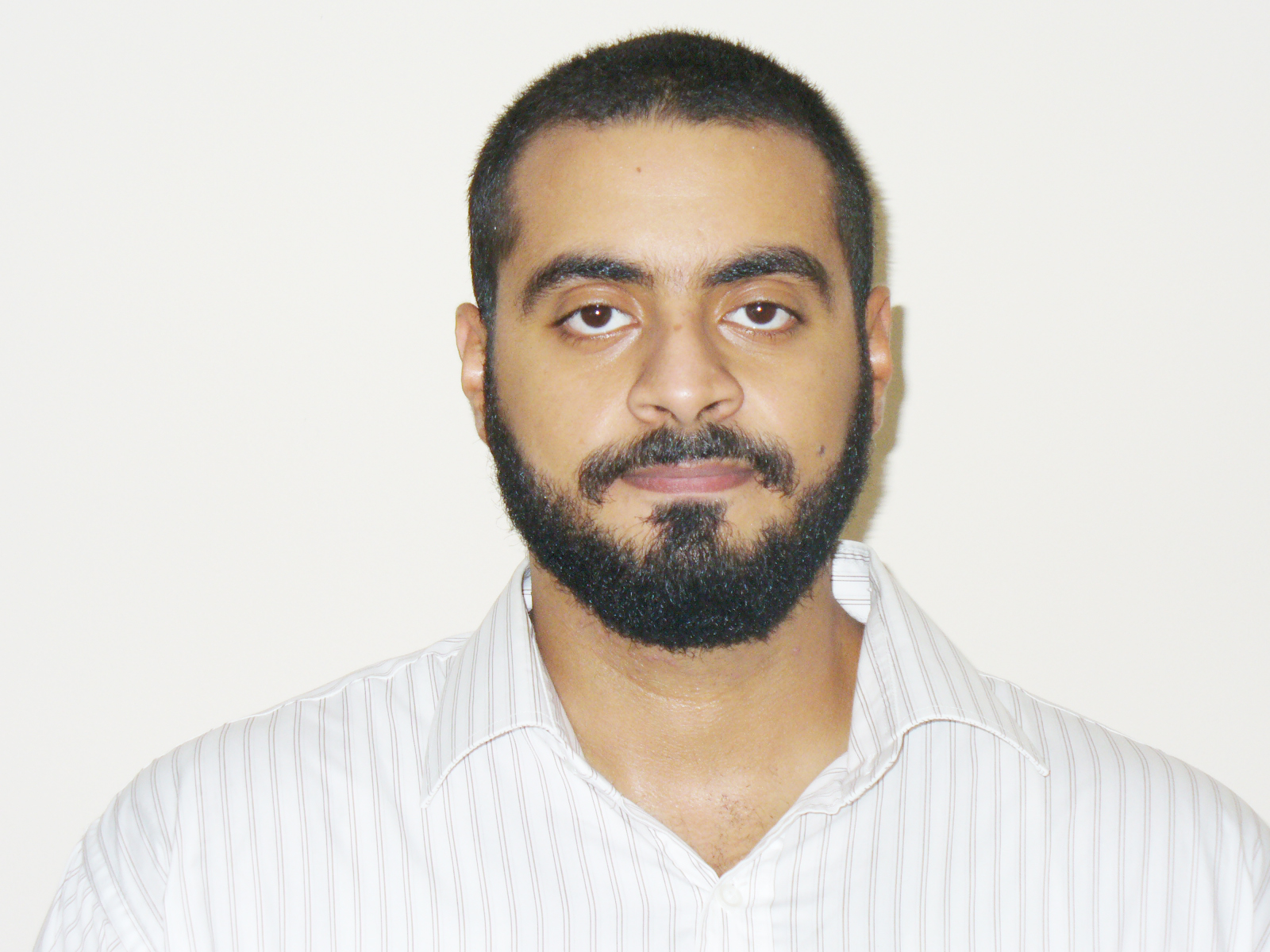 Despite the western impression of Egyptians rejecting President Morsy’s constitutional declaration, the majority of Egyptians actually support it. The declaration looks to make the revolution “immune”, as the Constituent Assembly and the Shura Council become temporarily inviolable. The decision is supposed to protect the transitional period from falling back into the hands of the deep state, push the process forward and not keep Egypt at a standstill.
Despite the western impression of Egyptians rejecting President Morsy’s constitutional declaration, the majority of Egyptians actually support it. The declaration looks to make the revolution “immune”, as the Constituent Assembly and the Shura Council become temporarily inviolable. The decision is supposed to protect the transitional period from falling back into the hands of the deep state, push the process forward and not keep Egypt at a standstill.
On many of the prominent Facebook pages and news websites polls showed a support for the declaration by Morsy. This was shown in the clearly greater numbers that assembled in front of the presidential palace (an assembly which was free of violence and sexual harassment, unlike its counterpart in Tahrir, which was full of thugs and pro-Mubarak individuals).
There are those who are against Morsy whether his actions are positive or not. When Morsy failed to remove the prosecutor general the first time, there was plenty of ridiculing voices rejoicing in his failure and celebrating any possible shortcomings of the government. Those who cried justice for the martyrs and injured are now standing in its way. Those who called for the dissolution of parliament are now upset that legislation is in the hands of President Morsy, yet they fail to offer a logical and practical alternative which fits revolutionary demands.
Today many “liberal” leaders are hand in hand with the remnants of the old regime, failing to condemn the violence that occurred against offices of the Freedom and Justice Party as well as Al Jazeera news channel. The opportunism is stark and blatant and obviously favours authoritarianism over an Islamist majority.
ElBaradei has called on Washington and the EU to condemn Morsy, though Egyptians are very sensitive about any external intervention, his statements did not impress all liberals.
Western media like the Los Angeles Times are running the story in a one-sided fashion. Failing to mention that those “judges” who attended the fired prosecutor general’s conference were a minority in the meeting where the prosecutor gave a speech. Never mind that among those seated next to him were lawyers appointed by the old regime to defend them against accusations of killing peaceful revolutionaries. Moreover, these judges were all appointed by Mubarak, based on loyalty, not their poor legal credentials.
Never mind that the public prosecutor used to be the head judge for “National Security” in Egypt for seven years and is hinted in the LA Times to be a victim of institutionalism.
“National Security,” the institutionalised mob behind the majority of human rights violations in Egypt, which includes torture, killings, rape, secret and illegal imprisonments of Mubarak’s political opposition. Several independent judges fraternities have approved Morsy’s declaration, which will only remain in place until the constitution is drafted and parliamentary elections take place. This is not to say that the constitutional declaration did not raise concerns. The concern revolves around the inviolability of decisions that may follow. The area of decisions need to be defined and contained to certain issues and not left open-ended which was Al-Nour’s observation, though it did not break mutual trust.
The transitional period for liberal forces is the only time where they will have such a large influence over Egypt’s political landscape; this is why many local observers suggest that they are trying to prolong it. After the constitutional drafting and elections they will witness a decline in representation based on ballot results. Furthermore, and more than ever, liberals are in a very bad position, having worn out their legitimacy by associating with former regime cronies.
My hope is that liberal and secular figures will put their egos aside and not only focus on the future of Egypt and its stability but also consider their own political future and interest in the country, which is not compatible with their current political manoeuvring. To do so they need to get back in the Constituent Assembly, air their grievances and push for change where possible. I am personally aware of initiatives that are trying to include non-Islamist grievances in the Constituent Assembly and are serious about it.
The liberal current understands that the street is not on their side as the polls and the latest mobilisation efforts indicate. They should also understand that Egypt is quickly rising as a regional star and broker of stability; it is no longer the case that external powers can intervene to further one faction over another. Liberals need to engage the political arena or will be brushed aside, further alienated and marginalised themselves.

